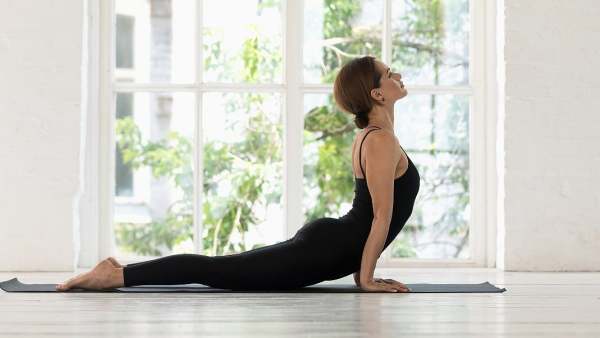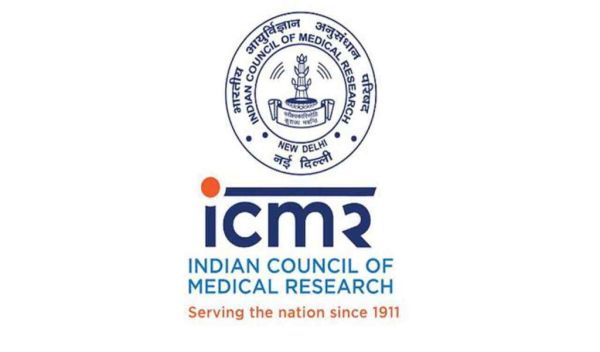
In a world increasingly affected by fast-paced lifestyles, digital fatigue, and mental health challenges, yoga has emerged as a reliable coping tool, especially among younger generations. What was once considered a spiritual or physical discipline is now being embraced as a holistic wellness practice. According to a recent study by Hansa Cheetah, yoga has become a popular choice for overall health, including mental health, among India's youth.How the study was conductedThe research, conducted through Hansa Cheetah's proprietary web and mobile-based platform, reached a well-profiled set of respondents across India. Verified contact details ensured data accuracy, while the demographic skew revealed that the majority of participants (71.24%) were between 26 and 35 years old. Additional insights came from the 18–25 and 36–45 age brackets (each contributing 13.3%), with minimal input from those aged 46 and above (2.15%). The sample leaned heavily toward urban India, with Kolkata leading at 25.32%, followed by Hyderabad (15.02%), Bangalore (14.59%), and strong showings from Mumbai and Delhi.What the numbers revealThe results give a compelling view of yoga's modern resurgence:88% of respondents practise yoga regularly – 64% daily and 24% several times a week.95% are aware of International Yoga Day, showing strong cultural resonance.72% reported a reduction in stress and anxiety.60% saw improvement in sleep quality.64% experienced relief from physical discomfort.Interestingly, 75% of participants believe that yoga is more effective than other fitness activities, suggesting a shift in wellness preferences.Youth and Yoga: A digital wellness trendYoga's popularity among younger audiences is partly fuelled by social influence; 66% said they were inspired by celebrities or social media trends, while 61% took it up specifically to manage mental health issues. The medium of access has also evolved; over 50% of Gen Z practitioners prefer digital content with guided sessions, showing how technology is helping traditional practices go mainstream.Moreover, 82% said they’d practise at home, though 89% have also participated in mass yoga sessions. This balance highlights a hybrid future where yoga fits seamlessly into both personal and community spaces.The future of YogaAn encouraging 73% believe yoga will become even more significant in the future. With 82% expressing interest in government-sponsored yoga programmes and 72% wanting it integrated into school and college curricula, the future looks promising. The appetite for wellness-centric events is strong too, with over 80% open to attending Gen Z-focused yoga, music, and wellness festivals.
-
Mom Reveals The 5 Small Ways She’s Giving Her Kids A Memorable 90s-Style Childhood

-
The Tarot Horoscopes Have A Message For Your Zodiac Sign On June 22, 2025

-
European leaders worry they’re too reliant on U.S. tech

-
ICMR launches India’s first rare blood donor registry for thalassemia, sickle cell patients

-
What to Know About Public Transport in Major Indonesian Cities
